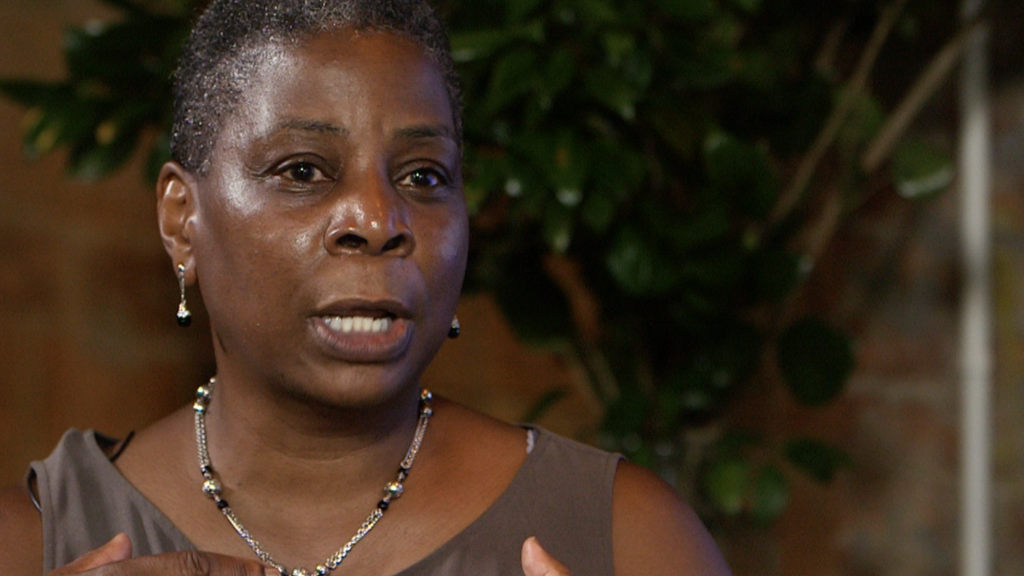
There are mentors, and then there are sponsors.
Both play critical roles in burgeoning careers, and yet a lot of people don't know the difference.
While mentors guide you and give you advice, sponsors will advocate on your behalf and actively try to advance your career.
But too often, women in particular will conflate the terms "mentor" and "sponsor" -- often to the detriment of their careers. The Harvard Business Review went so far as to say "women are over-mentored and under-sponsored."
Sylvia Ann Hewlett wrote the book on sponsorship ("Forget a Mentor, Find a Sponsor"). She says women make one huge mistake: they assume mentors and sponsors are interchangeable.
"Women on average have three times as many mentors as men -- but men have twice as many sponsors," she says. "Many of us really do have the credentials and the performance skills, but it's as though we're not as intentional in terms of development of these relationships."
So how do you get intentional?
Know the definitions
Mentors are key figures who guide you through the working world. They're like the rarely-seen guardian angels guiding your career and life along.
Sponsors, on the other hand, play another kind of role: they're the ones actively advocating for your next promotion or raise. They're pulling you up through the ranks of a company or industry, making sure your name is brought up in closed-door meetings.
As Hewlett puts it, "Mentors advise. Sponsors act."
When Alisha Ramos, former design director at Vox and founder of Girls Night In Club, found her first sponsor, she said she didn't even realize what a sponsor was -- and that was part of her problem.
"I think that there is so much emphasis on mentorship that women have this myth: 'Let me find a mentor and then I can advance my career,'" Ramos says. "But really what matters is finding the people who will help you rise through your organization and get paid."
Related: The problem with the lack of female leaders
Don't wait
According to Hewlett, this is where many women falter.
"Even if you're 29 or 31 or 23, intentionality is key, so you can figure out some kind of pathway, so you can scan the horizon for people who could perhaps help you get there," she says. "Even if you get just one sponsor, you have a 20% greater shot at getting that next rung on the ladder or getting a pay hike. This stuff pays off -- but it's not something you can suddenly develop at age 50 or 45."
So don't just reach out randomly. Scan your organization for people who are working where you want to be working -- in a particular position, interest or on a project you hope to further develop. Be intentional.
Related: How to email a potential new mentor -- the right way
Get face-time
When Ramos was first developing her sponsor relationship, she had a convenient advantage: her desk sat right outside his office.
"Just because of the relationship we had, I would pop into his office and just chit-chat," she says. "Just be interested in who they are as a person, and then you might find that person doing the same for you and thinking of you, just developing that human relationship and good old-fashioned face time, because it really does help."
Keep at it
Remember: these relationships don't blossom overnight.
As Hewlett points out, it takes time for the sponsor, too -- time to decide how they'll invest in you.
"In a way, you have to gradually prove that you got the goods," she says. "You do that by working with someone, by being in front of someone."
